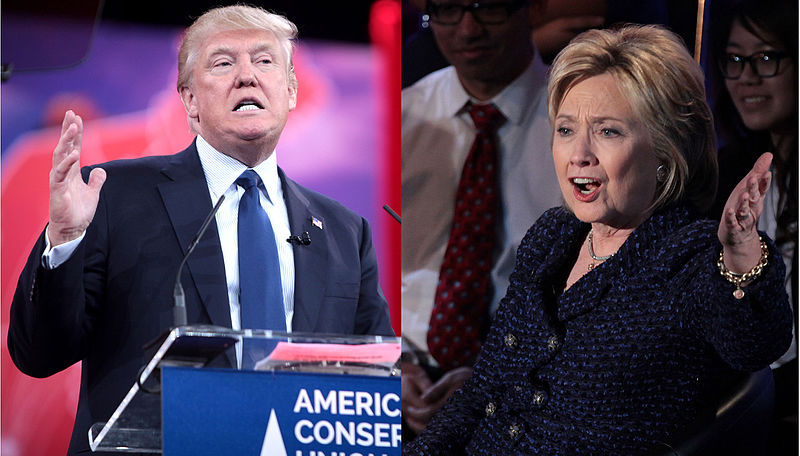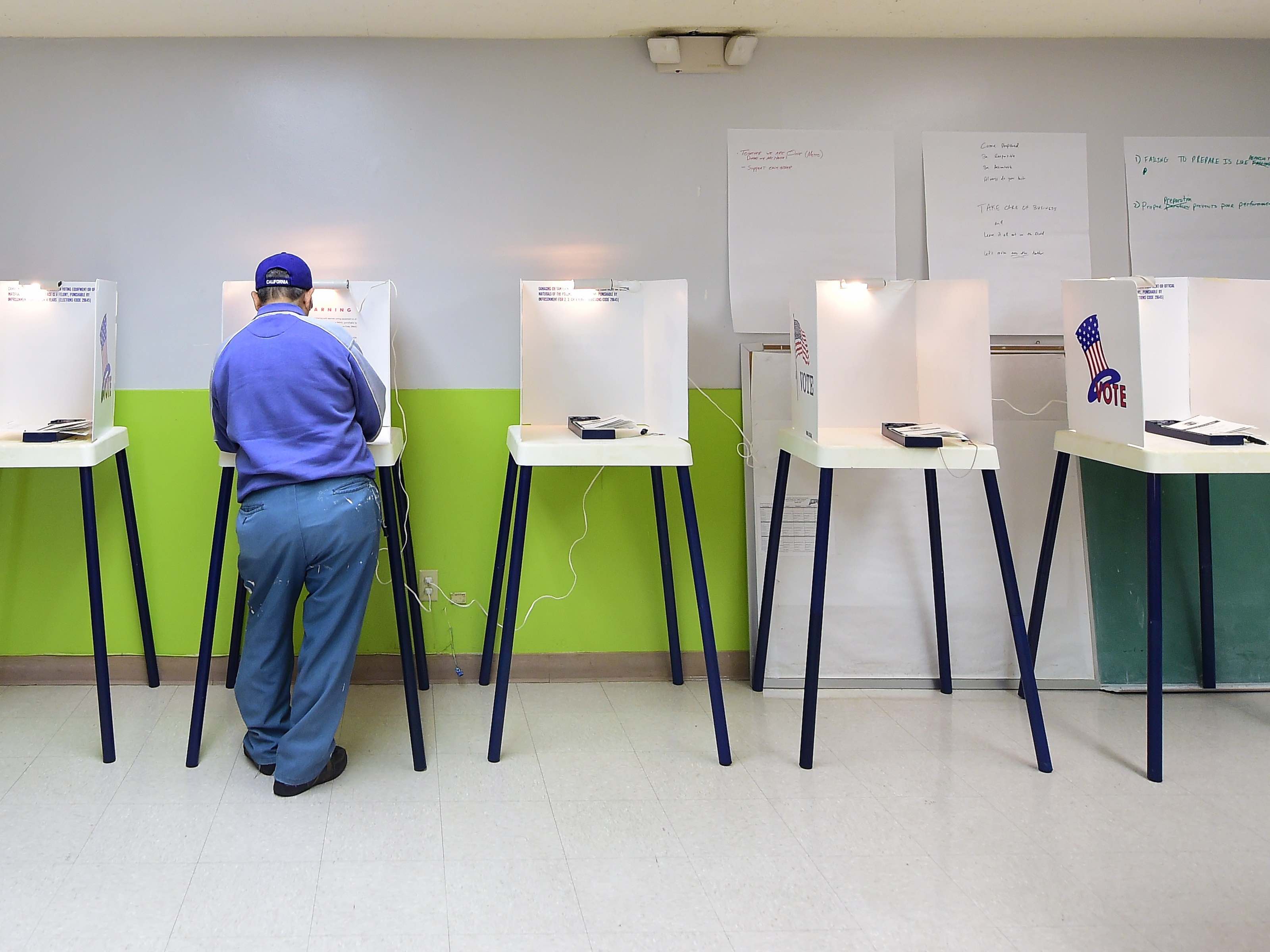
by Zach Hopkins | Oct 28, 2018 | Georgia State University
The classic refrain we hear with regard to our democratic process is “one person, one vote,” so when that principle is violated, we should be concerned. But is such a phenomenon so prevalent as to rise to the level of disrupting the electoral process? During the 2016...

by Alexander Lloyd | Oct 25, 2018 | Georgia State University
Despite the absurdity of the 2016 election, the success of Donald J. Trump was not a random fluke but rather the result of a series of events starting with the Compromise of 1877. As described in How Democracies Die by Steven Levitsky and Daniel Ziblatt, the norms of...

by Mackenzie Patrick | Feb 20, 2018 | Ohio State University
Free and fair elections are the cornerstone of democracy. This belief is widely accepted by both academic political theorists and most U.S. citizens. However, a critical look at the 2016 election reveals increasing questionable election practices. Unfair election...
by Wallace Anne Cloud | Feb 16, 2018 | Skidmore College
Bright Line Watch was created by a group of Political Science professors shortly after the 2016 presidential elections. Over a span of a few months, beginning with the first published results in February 2017, Bright Line Watch has released the results of their...
by Yifei Shen | Nov 2, 2017 | Boston University
On November 8th, 2016, Donald Trump officially won the Presidency of the United States, beating his opponent, Hillary Clinton, by a count of 304-227 Electoral College votes. However, Trump lost to Clinton in terms of “popular votes” by a margin of almost three million...






